Although Black History Month is a month when we acknowledge and celebrate the historical achievements of African Americans, this month we should also recognize the certain need for African Americans in the mental health profession.
As one of the few African American therapists in my Couple and Family Therapy Master’s program, I can’t help but notice the lack of African American therapists in the field as well as the classrooms. From my experience, when counseling African Americans, one of the many reasons I found that African Americans can be reluctant to seek out therapy is because they want to feel understood by a therapist who can relate to their everyday struggles. In no way am I saying the color of someone’s skin determines their competence to provide therapy to another individual outside of their race. What I’m saying is, if you have depression, you want someone who specializes in depression. If you have a child with autism, you want to make sure the therapist is equipped to care for your child. Having a fellow African American as your therapist gives you that sense of connection and relatedness.
There is a small percentage of African American providers. I am eager to help increase the numbers in the mental health field so that when we seek therapy, there is a greater likelihood of finding a therapist who looks more like us compared to white counterparts. Although there is a growing number of resources to build cultural competence in treating people of color, that does not completely substitute for understanding and knowing the culture African Americans live. In order for the mental health field to obtain more African American therapists, in part, we as a community must start to acknowledge the importance of our emotional wellbeing, understand mental illness is not weakness, and to destigmatize the idea of seeking help in the same way we will for physical pain, illness or ailments.
—
Claudia Haywood, Student Therapist at Red Rock Counseling

